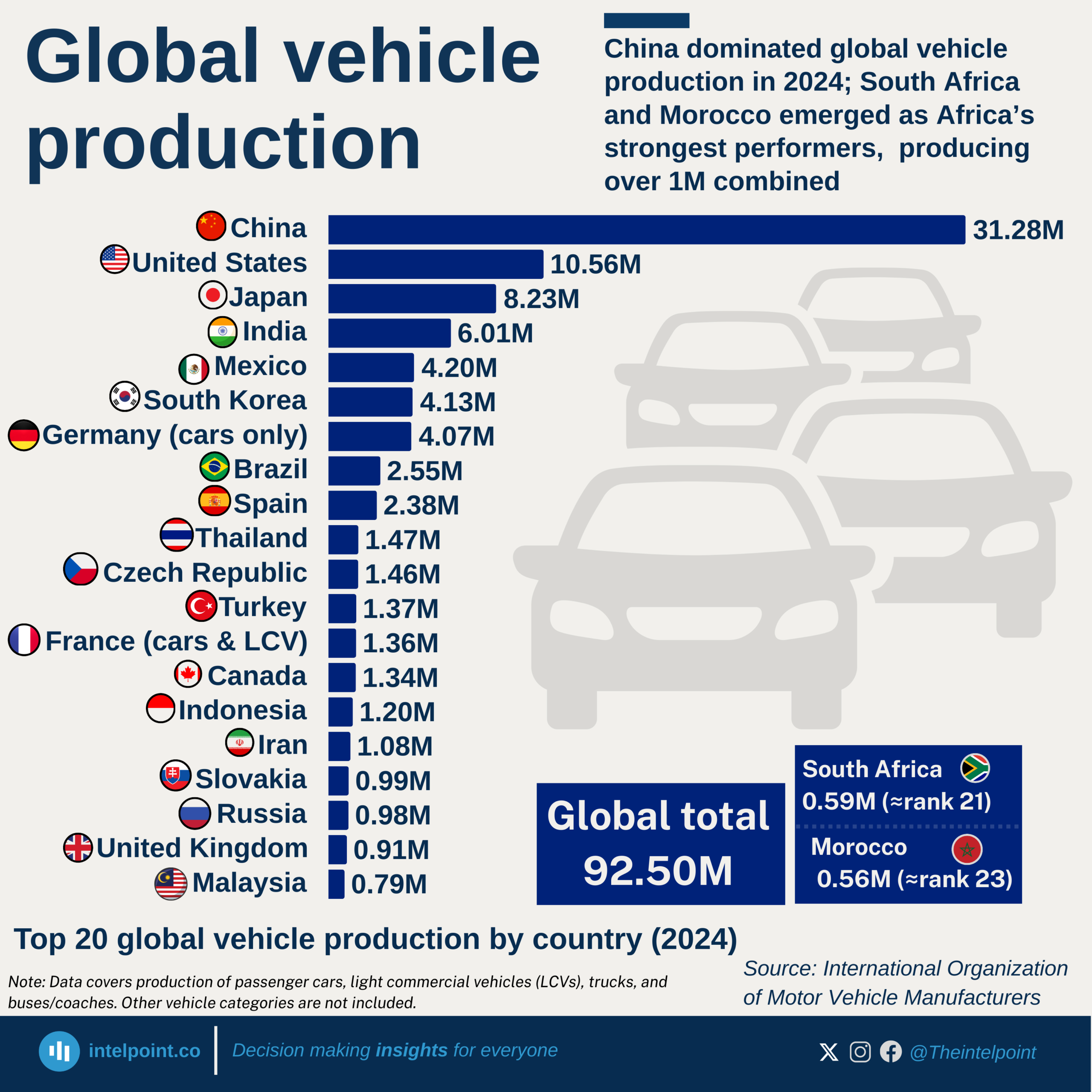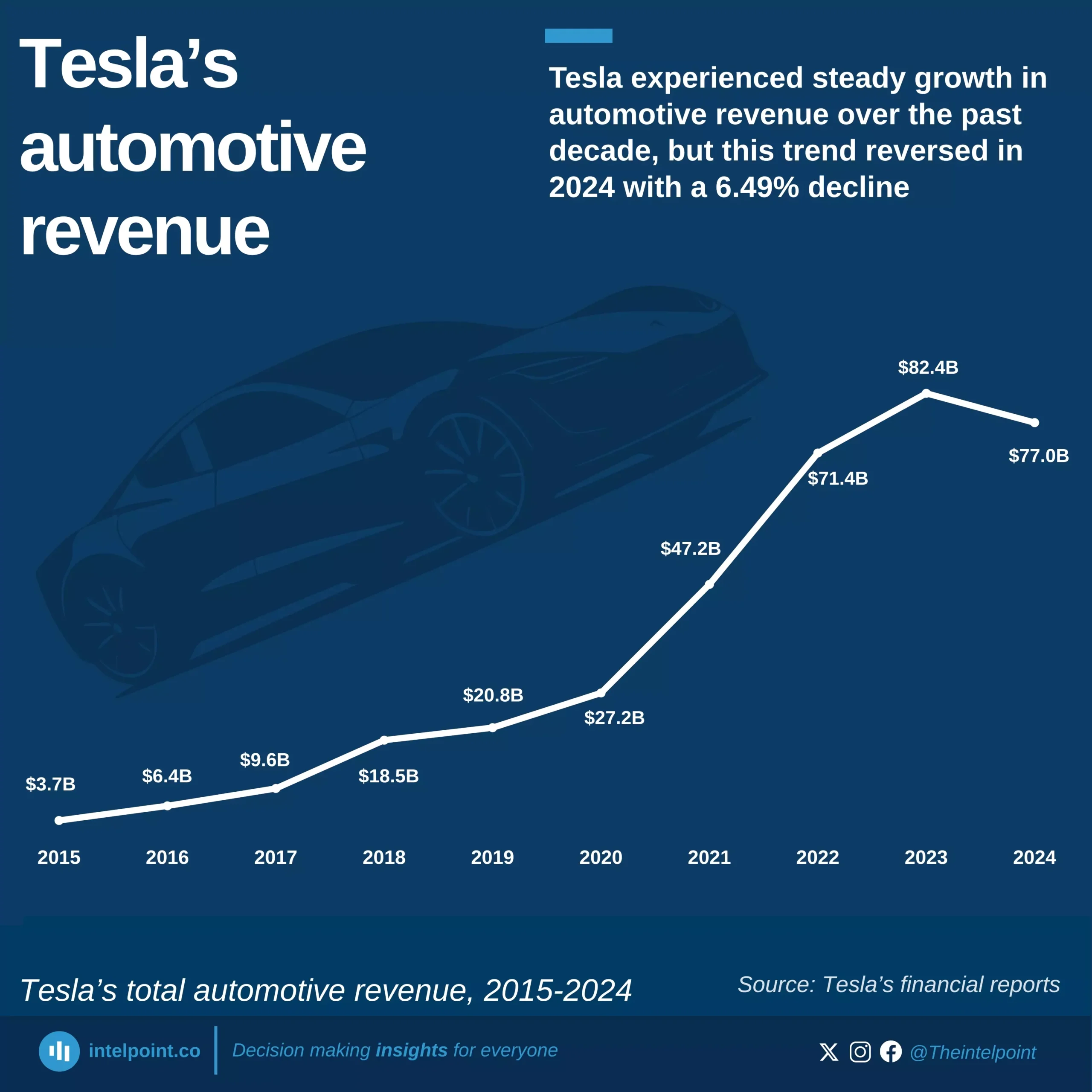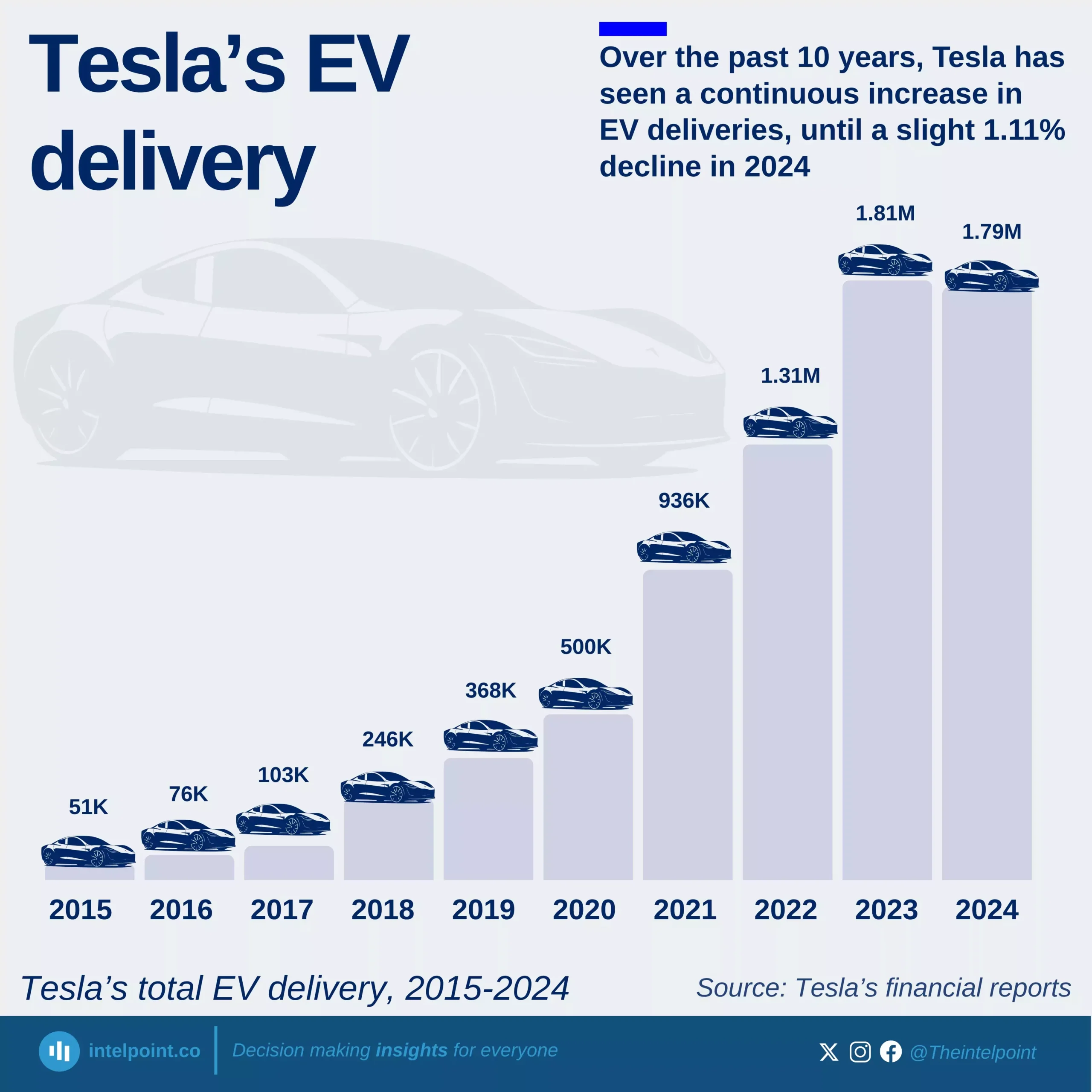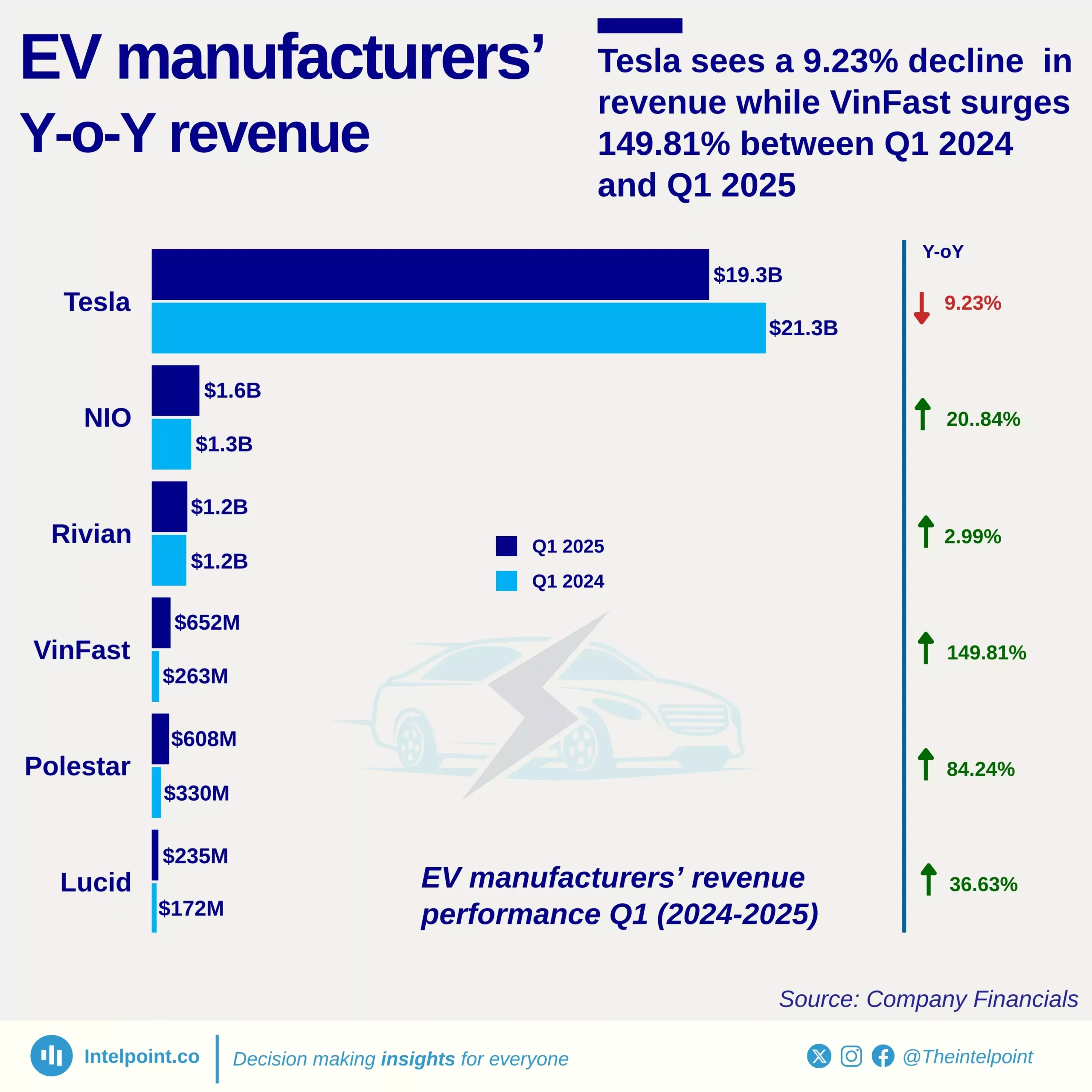South Africa’s vehicle production has shown remarkable resilience and growth over the past 25 years. Starting at just over 317,000 units in 1999, production steadily expanded, surpassing the 600,000 mark by 2018 and maintaining strong output levels despite global downturns such as the 2009 financial crisis and the 2020 pandemic dip.
By 2024, production stood at 600,000 units, approximately, effectively doubling the country’s automotive output since 1999. In this data, South Africa’s automotive sector covers passenger cars, light commercial vehicles (LVC), trucks, and buses/coaches, reinforcing its position as one of Africa’s most productive and diversified vehicle manufacturing hubs.
The country’s ability to sustain growth and recover from shocks underscores its strategic importance to Africa’s industrial landscape, with strong links to both domestic markets and international exports.





